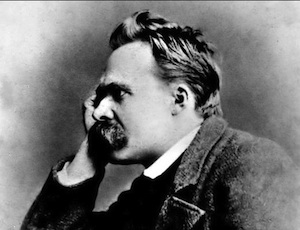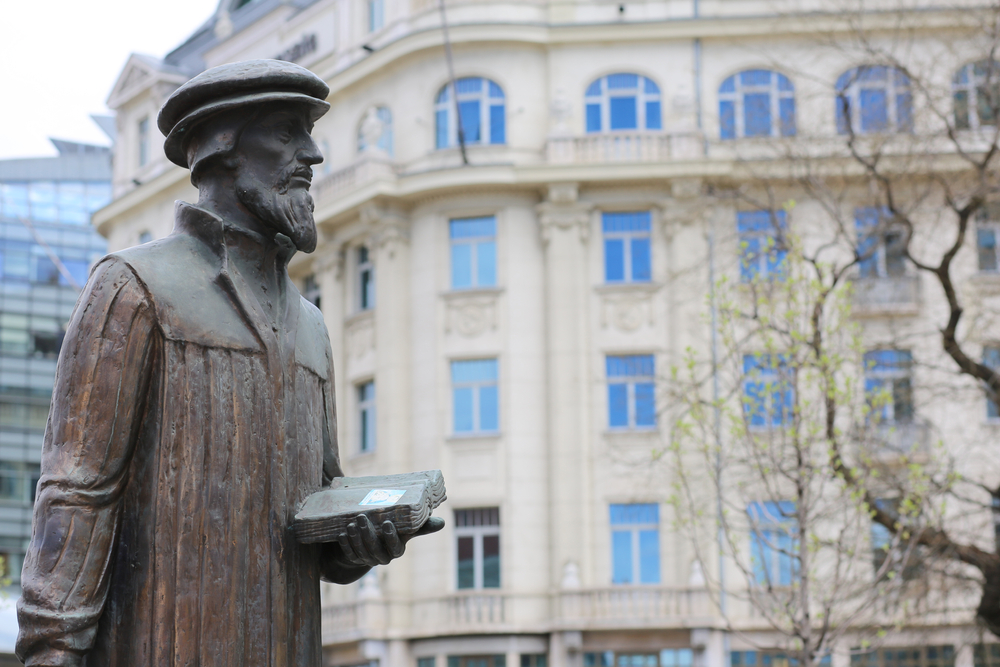July 19, 2013
Year: 2013
July 19, 2013
What Nietzsche and Croly Tell Us About Progressives
In the Genealogy of Morals, Friedrich Nietzsche makes an interesting observation about cultural elites and how a culture defines what is “good”:
[T]he real homestead of the concept of “good” is sought and located in the wrong place: the judgement “good” did not originate among those to whom goodness was shown. Continue Reading...

July 18, 2013
For His Next Trick, the Magician Will Pull a Rabbit Disaster Plan Out of His Hat . . .
July 18, 2013
To Err is Human, To Give Away Free Audio As A Result is Pretty Sweet
July 18, 2013
The War on Poverty’s Best Weapon is a Job
July 18, 2013
Tithing and the Economic Potential of the Church
July 18, 2013
Growing Religious Intolerance In Sudan
July 17, 2013
Lord Acton on Catholic and Modern Views of Liberty
July 17, 2013
‘Freedom … doesn’t just settle in your lap’
July 17, 2013
John Calvin on civil government
Though primarily a theologian, the famous Reformation figure John Calvin had much to say about the application of biblical principles to politics. His focus on the sovereignty of God in all aspects of Creation led Calvin to believe in God’s ordinance not only in the spiritual realm, but also in civil government. Continue Reading...
